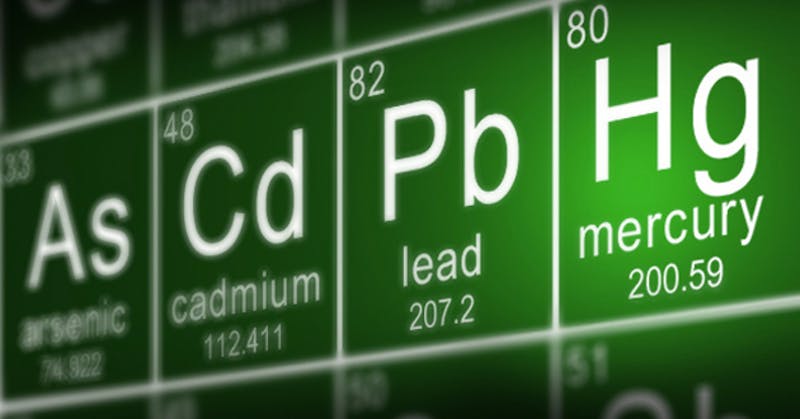ISO 6645 Lithium Content Analysis in Beverages
The analysis of lithium content in beverages is crucial for ensuring product safety and compliance with regulatory requirements. ISO 6645 provides a standardized method for determining the lithium content, which is particularly important for monitoring natural or added lithium levels that might affect consumer health.
Understanding the lithium content in beverages is essential not only for ensuring quality but also for understanding potential risks associated with higher concentrations of this element. Lithium can be naturally present in water sources used for beverage production or intentionally added as a functional ingredient, such as in energy drinks. Excessive levels of lithium can have adverse health effects, making accurate analysis imperative.
The process involves several critical steps to ensure reliable results. Sample preparation is the first step, where beverages are diluted and filtered if necessary to remove particulates that could interfere with the analytical method. The choice of instrumentation for this analysis is vital; inductively coupled plasma mass spectrometry (ICP-MS) is commonly used due to its sensitivity and accuracy.
Once the sample preparation is complete, the analysis proceeds by introducing the prepared solution into the ICP-MS instrument. This process allows for precise measurement of lithium concentrations down to parts per billion levels. The data collected from this analysis must adhere strictly to ISO 6645 guidelines to ensure accurate and repeatable results.
The acceptance criteria for the analysis are stringent, focusing on both precision and accuracy. Precision is assessed through replicate measurements, ensuring that variations in results are within acceptable limits. Accuracy is verified using certified reference materials (CRMs) that have known lithium content levels.
Quality assurance is an integral part of this service to ensure consistent and reliable test results. Eurolab employs rigorous quality management systems and uses cutting-edge instrumentation to maintain high standards. Compliance with ISO 6645 ensures that the analysis meets international standards, providing confidence in the accuracy and reliability of the results.
Understanding the lithium content in beverages is not just about regulatory compliance; it also plays a role in product development and innovation. By accurately measuring lithium levels, manufacturers can optimize formulations to meet both health and taste criteria. This service supports various stakeholders, including quality managers, R&D engineers, and procurement officers, by providing reliable data that informs decision-making processes.
For instance, the analysis helps in identifying potential issues early on, allowing for corrective actions before they become significant problems. It also aids in understanding consumer preferences and trends, enabling better product launches and market positioning.
Benefits
- Compliance with Regulatory Standards: Ensures that beverages meet international standards for lithium content as per ISO 6645.
- Risk Management: Identifies potential risks associated with high levels of lithium in the product.
- Product Quality Assurance: Provides reliable data to support product quality and consistency.
- Innovation Support: Facilitates informed decision-making for R&D and formulation adjustments.
- Consumer Confidence: Ensures safe products that meet health and safety standards.
- Competitive Advantage: Supports the development of innovative products by providing accurate data.
The benefits extend beyond compliance to include enhanced product quality, innovation support, and consumer confidence. By adhering to ISO 6645, Eurolab ensures that its clients are not only compliant with international standards but also leading in their field through reliable analytical services.
Eurolab Advantages
Eurolab offers a comprehensive range of advantages when it comes to ISO 6645 Lithium Content Analysis in Beverages. Our team of experts is dedicated to providing clients with accurate, reliable results that are essential for maintaining product quality and regulatory compliance.
- Experienced Professionals: Our analysts are highly trained and experienced in the latest analytical techniques and methods.
- State-of-the-Art Facilities: We possess top-tier laboratories equipped with advanced instrumentation to ensure precision and accuracy.
- Rigorous Quality Control: We maintain strict quality control measures to ensure consistent and reliable results.
- Comprehensive Reporting: Our reports are detailed, providing not only quantitative data but also insights into potential risks and recommendations for improvement.
- Client Support: Our dedicated customer support team is always available to answer queries and provide assistance.
These advantages ensure that clients receive the highest quality service, supporting their compliance needs and product development initiatives. Eurolab’s commitment to excellence and innovation sets us apart in providing reliable analytical services for beverage companies worldwide.
Use Cases and Application Examples
The analysis of lithium content in beverages has several key use cases:
- Quality Control: Ensures consistent product quality by monitoring lithium levels during production.
- New Product Development: Helps in formulating new products that meet specific lithium content requirements.
- Risk Assessment: Identifies potential risks associated with high lithium concentrations, aiding in risk management strategies.
- Regulatory Compliance: Ensures adherence to international standards and local regulations regarding beverage composition.
In real-world applications, this analysis is crucial for energy drink manufacturers who need to balance the health benefits of lithium against potential risks. It also plays a key role in compliance with food safety standards across different markets.





